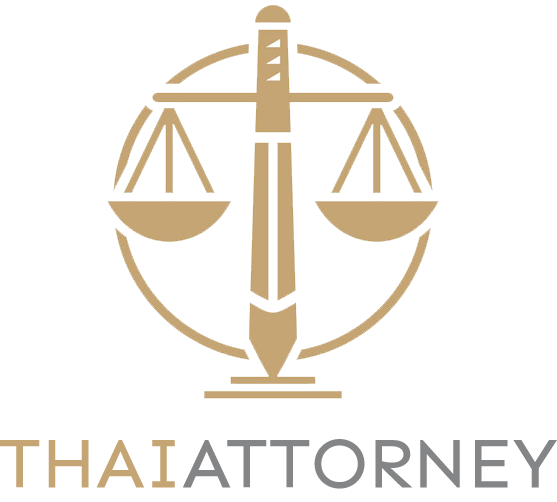Although purchasing a home in Thailand might seem like a simple procedure, it is crucial to be aware of the relevant laws and guidelines. To assist you in the procedure, the following details are provided:
- Foreign ownership: According to Thai legislation, foreigners are permitted to acquire condominiums outright but not land. However, a building constructed on property leased from a Thai individual or organization might be owned by a foreigner.
- Home search: When looking for a home in Thailand, it’s crucial to perform your research. To assist you in locating and assessing possible properties, work with a trustworthy real estate agent or property attorney. Check the property’s title document for any liens or encumbrances and any land use restrictions.
- You must sign a sales contract and pay a deposit when you have discovered a property and reached an agreement on a price. To make sure the contract is just and serves to safeguard your interests, it is crucial to have a lawyer analyze it. The deposit is typically 10% of the total purchase price, with the remaining 90% being paid at the time of ownership transfer.
- Transfer of ownership: The Land Office handles transfers of ownership, and both the buyer and the seller must be present to sign the necessary paperwork. A transfer fee and taxes, based on the assessed value of the property, are due from the buyer.
- Finance: It could be feasible to get a mortgage from a Thai bank if you need money to buy a home in Thailand. Foreigners, however, can be subject to more stringent lending criteria and higher interest rates.
- Taxes and fees: In addition to the transfer fee and taxes, purchasing a home in Thailand may also involve paying for legal services, real estate taxes, and maintenance costs.
Overall, purchasing property in Thailand can be a fantastic financial opportunity, but to ensure a smooth and successful transaction, it is crucial to conduct thorough research and cooperate with trusted professionals.

